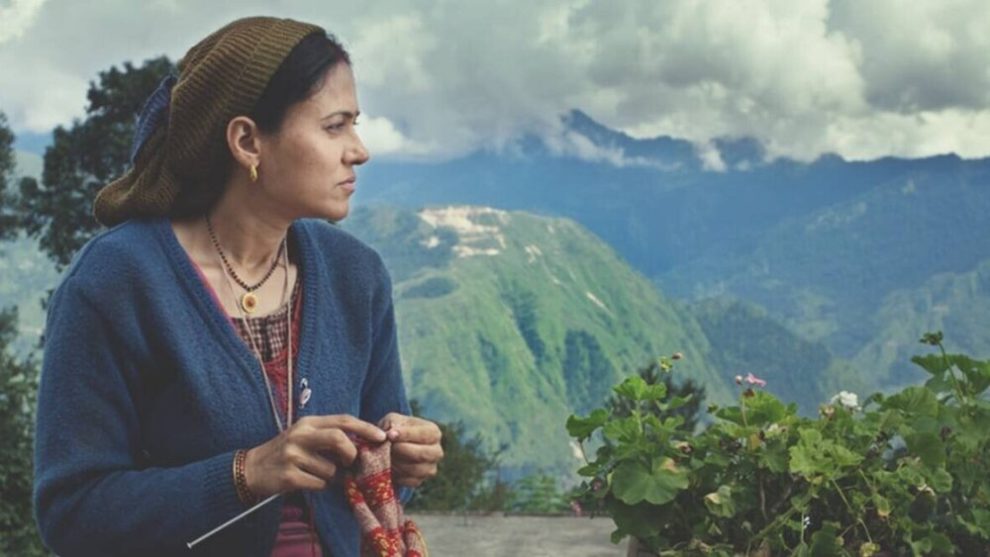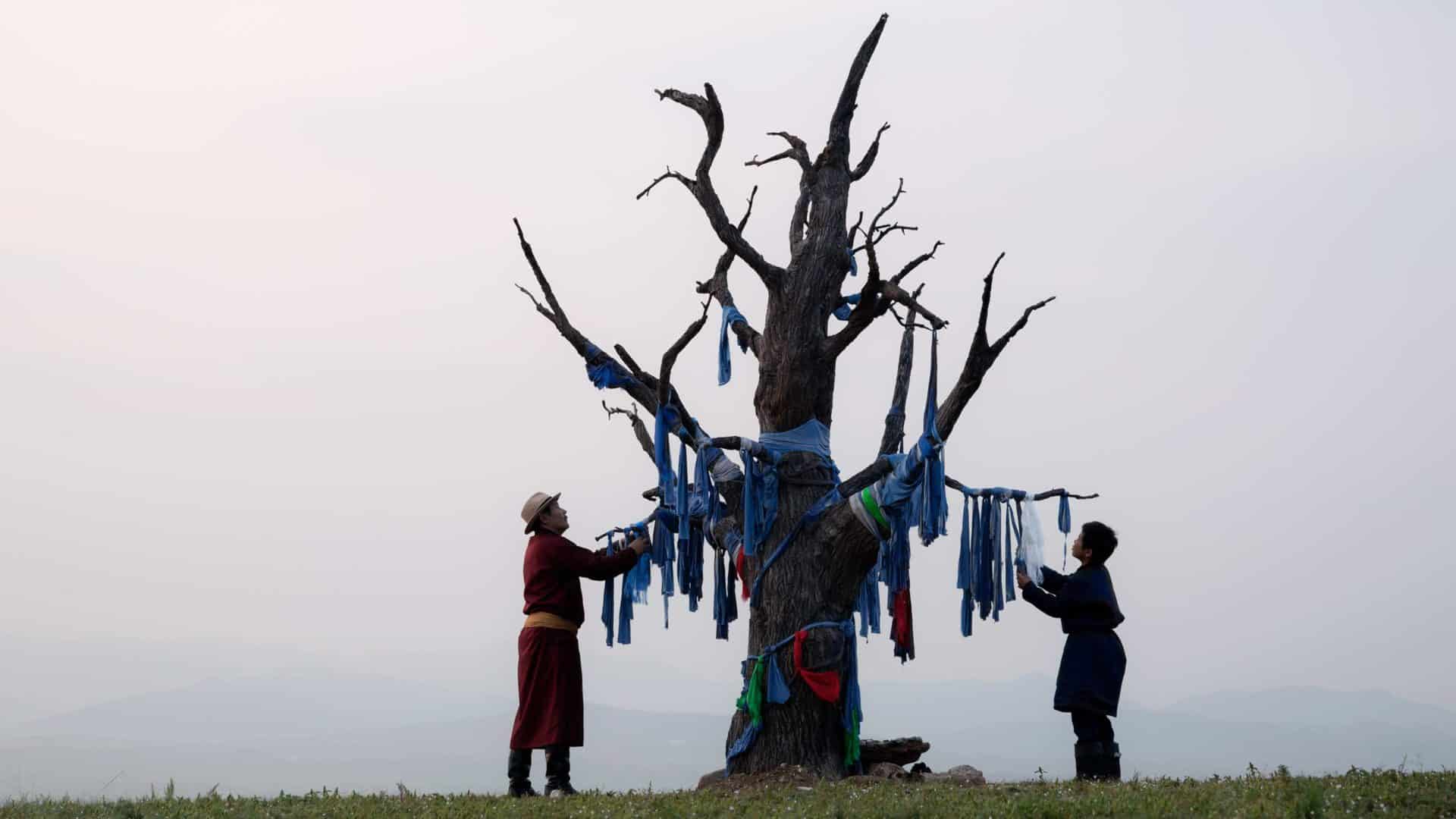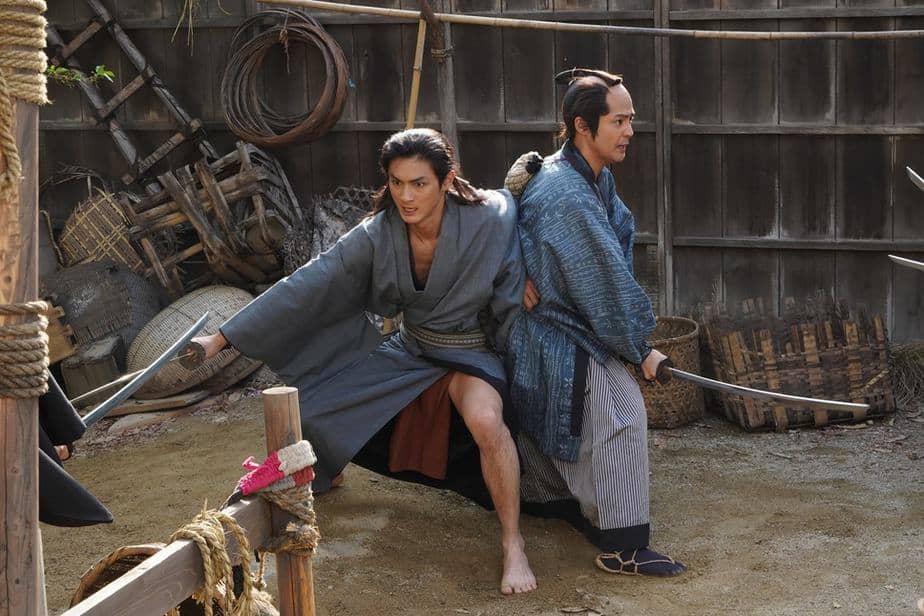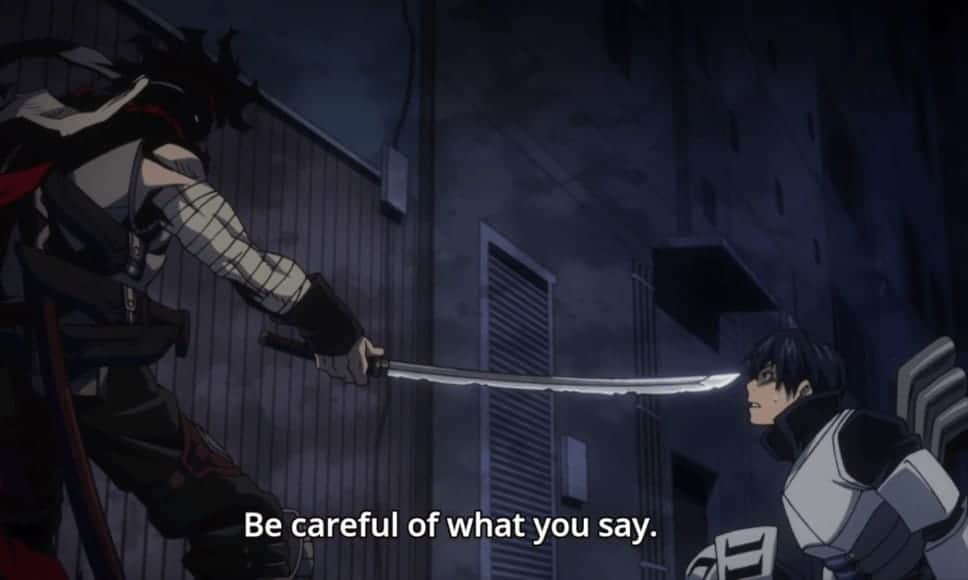In his debut feature, “Fire in the Mountains”, self-taught directorial Ajitpal Singh, quite contrary to the title, unhurriedly paints an intimate portrayal of a troubled family. Though peaceful pace doesn't mean lack of substance. And the tensions at the fundamentals of characters' conflicts are sparks only waiting to burst into flames.
“Fire in the Mountains“ is screening at Indian Film Festival of Los Angeles
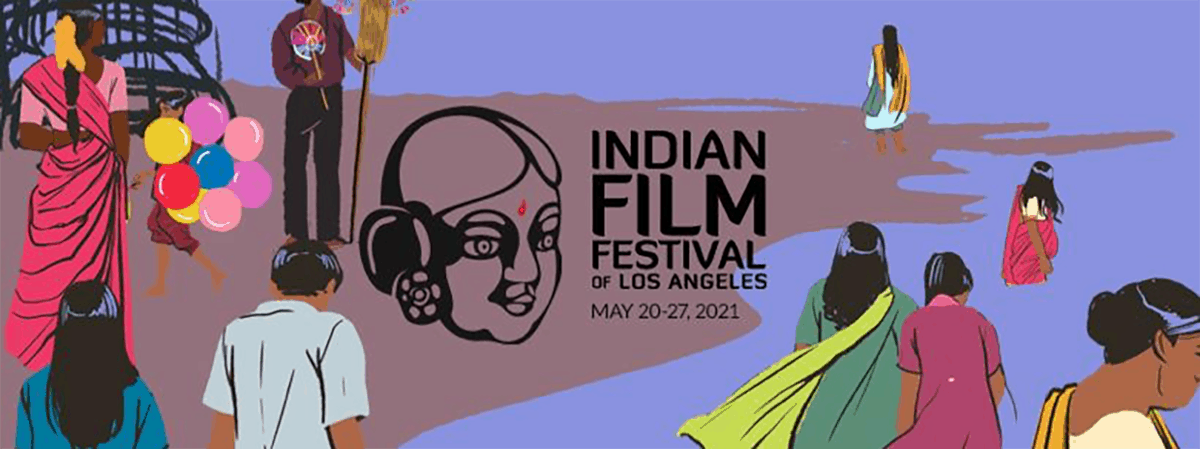
The story is set in a Northern Indian village in Uttarakhand, with a scenic mountain backdrop of Himalayan landscapes. Cinematographer (Frenchman Dominique Colin) films them in their whole profound and breathtaking beauty. It may seem that local people are living in a dream. But their reality is far from idyllic. Chandra (Vinamrata Rai) runs a homestay Swizerland (yes, without “t”). It offers guests great views and, as being located far from a road, also silence, a treat much-needed by those looking for a weekend getaway. But the pros are also the cons, as they make the lodge hard to get to. Chandra recruits her clients by the jeeps' stop and then climbs with them, carrying their luggage. The competition is tough in the area, so she often needs to offer accommodation prices hardly allowing her to earn anything. But this is not her biggest concern. Her younger kid Prakash (Mayank Singh Jaira) after some past not-explained accident is on a wheelchair, which, due to lack of the proper road, makes going to school or getting to the hospital for treatment a tough task.
Chandra runs the business single-handedly, as her husband Dharam (Chandan Bisht) gives her very little support. Heavy drinker, engages in all sorts of unprofitable enterprises. He seems weak and aware of his own incompetence, maybe even jealous over Chandra's strength, something that makes him angry. The traditional roles in a conservative society are strict, so Dharam finds his inability to fulfill the role of a breadwinner and head of a family frustrating. As a result, he treats his wife as a punching bag, something she accepts with resigned silence as an inseparable part of a marriage. The rift between the spouses can be analyzed on many levels. It concerns not only patriarchal vs. partnership-based family model, but also broader aspects of it, like conflict between tradition and modernity as well as superstition and blind faith vs. science. To be able to deal with healthcare expenses and ensure her son the best available treatment and physiotherapy, Chandra saves every penny and hides the money, not allowing her husband to manage the finances. Dharam however, convinced that his family got cursed, wants to spend savings for an expensive religious shamanic-like ritual (deriving from a local folk form of Hinduism jagar) as advised by a guru. At a point, he, unable to find any arguments, just demands the rights granted him by culture, screaming to Chandra “I am your husband, you have to obey to me”.
It sounds very polarizing, but Singh is far from showing contrasting black-and-white dichotomies. Dharam is not a villain, more a product of years of patriarchal order. Some scenes show intimacy and attachment between him and Chandra. Also a teenage daughter, Kanchan (Harshita Tewari), once confesses to her father: “You are so sweet when you are sober”.
Also, Chandra is not a role model. Although spirited and strong-willed, not accepting a passive role of a woman, she is deeply soaked with the norms of society. When her son weeps after being humiliated and bullied at school, she is not able to comfort him, just scolds him for crying like a girl. When her daughter crosses boundaries associated with an accepted decent girl's code of behavior, her mother's reply is letting the father to punish their daughter with beating.
Ajitpal Singh has an observant eye and shows a sincere and fascinating microcosm of a small community with its ups and downs, shot completely on-location. Notwithstanding the importance of his story, he allows some humor, like showing how the modernity of social media shapes the landscapes even outside big cities. There is also a witty satiric element in bits and pieces of newsreels from the radio or TV, in which we may hear a government's propaganda of success about India's cultural and economic progress, which contrasts bitterly with the reality of the portrayed village. The well-lead cast is doing an excellent job and they create an illusion of family's intimacy and secrecy. The director doesn't avoid some debutant errors like plotlines not getting satisfying resolution (e.g. the story of Dharam's widowed sister or Kanchan's Tiktok initiative), but nevertheless, he narrates an engaging story with interesting characters, enriching it with a relevant social commentary on a position of women in a patriarchal world and tradition meeting modernity. And the haunting beauty of landscape frames stays with a viewer.


